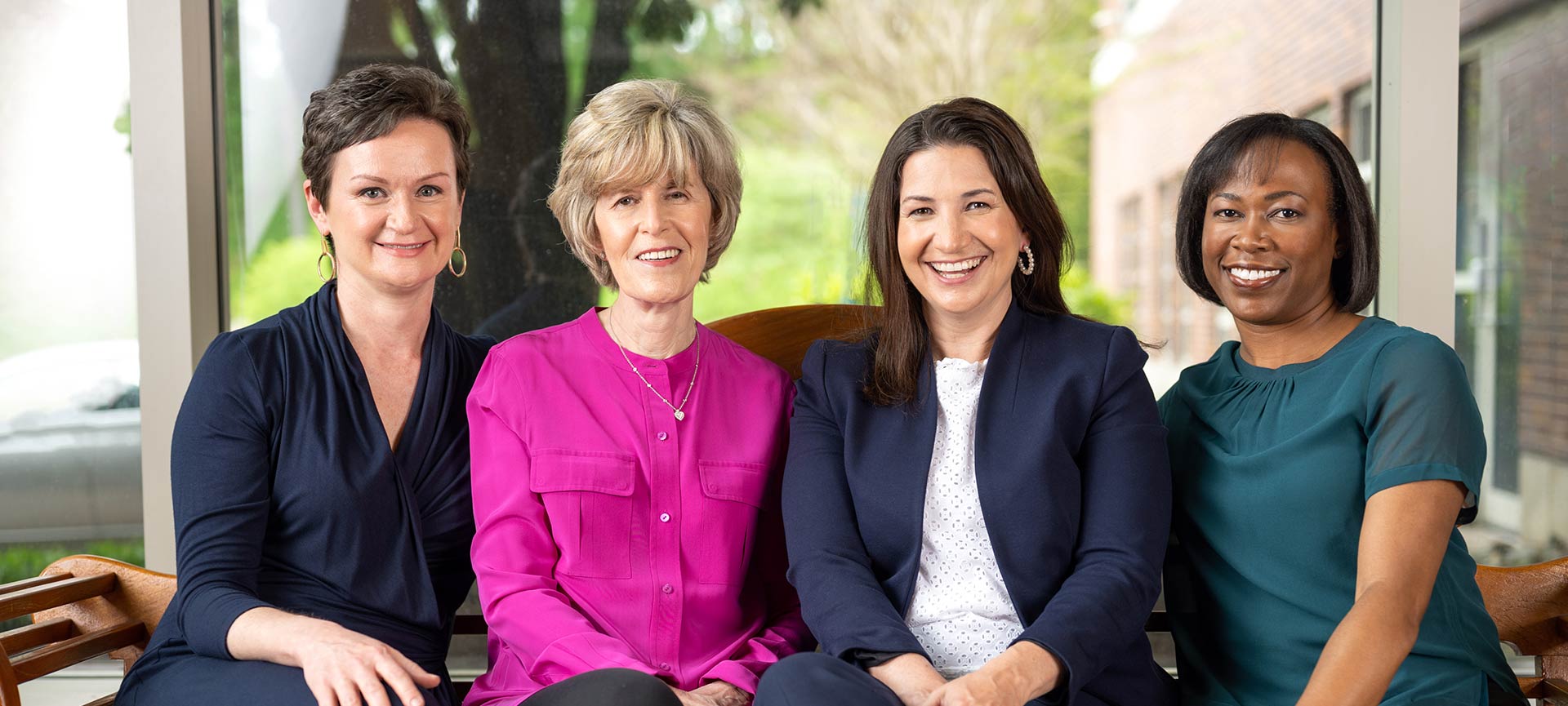What women (and men) should know about breast cancer
October 11, 2021October is national breast cancer awareness month, but breast health is a topic that’s important year-round. Megan Knight, host of WMAR2 Good Morning Maryland, talked with Sara Fogarty, DO, FACS, Director of the Sandra & Malcom Berman Comprehensive Breast Care Center at GBMC to learn what both women and men should know about breast cancer risk factors, diagnosis, and treatment.
“Although most people think that finding a lump in the breast is the most common way that breast cancer is discovered, most cancers we find on mammograms are quite small and unlikely to be felt,” explained Dr. Fogarty. “It’s important for women to be familiar with what their breasts usually look and feel like. If you notice something new or different, bring it to the attention of your primary care physician (PCP) or OBGYN, who can arrange for mammography, MRI, and further assessment to look for the cause of the change.”
Some of the lesser-known symptoms you should be aware of include thickening or dimpling of skin on the breast, bloody discharge from the nipple, redness of the skin, and lumps under the armpits.
At the Berman Comprehensive Breast Care Center, Dr. Fogarty and her colleagues care for many patients who are at an increased risk for developing breast cancer. The key factors that can put you at a higher risk include a family history of breast cancer, especially in a first degree relative such as a mother, sister or a male relative, as well as you or a member of your family having a genetic mutation that increases breast cancer risk. If you’re not sure if you’re at a higher risk, talk with your PCP, OB/GYN or try GBMC’s online risk assessment tool.
“If you are at higher risk, we will design a personalized approach to managing your breast health,” Dr. Fogarty said. “Depending on your family and personal history, that could include more frequent screening, the addition of MRI screening, genetic testing, or taking a medication like tamoxifen to reduce risk.”
If you’re diagnosed with breast cancer, Dr. Fogarty said there are many treatment options, and more being developed all the time. She and her team develop an individualized treatment recommendation for each patient. Some of the potential elements of the treatment plan include surgery, radiation, chemotherapy, and anti-estrogen medications.
“Breast cancer used to be a disease that was mostly treated with mastectomy surgery, but that’s no longer the case,” she said. “Most of the surgeries we perform fall into the category of breast conservation therapy or lumpectomy.”
GBMC offers a complete circle of care for people diagnosed with breast cancer. The Breast Center’s nurse navigator can connect you with a wide range of support and counseling resources. That includes help with transportation to and from appointments, help with financial issues that may arise due to your diagnosis and treatment, resources for help with daily activities like shopping and making meals, a nutritionist, and our Integrative Medicine team to help manage stress and side effects from treatment.
“A lot of people have missed their regular mammograms because of the pandemic," Dr. Fogarty said. "We’re up and running safely and at full speed. Now’s the time to get back on track with your screenings. We’re always here.”





